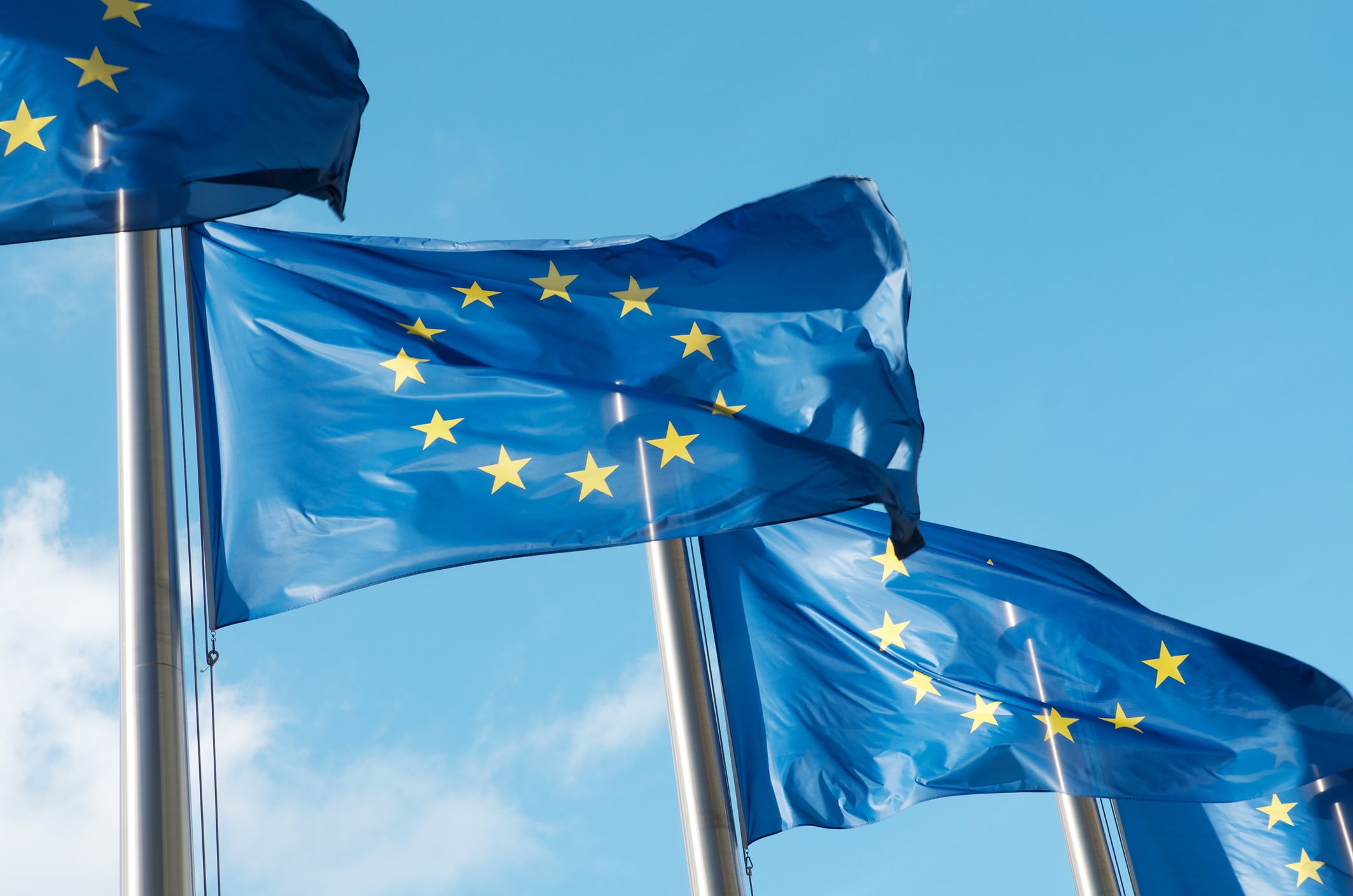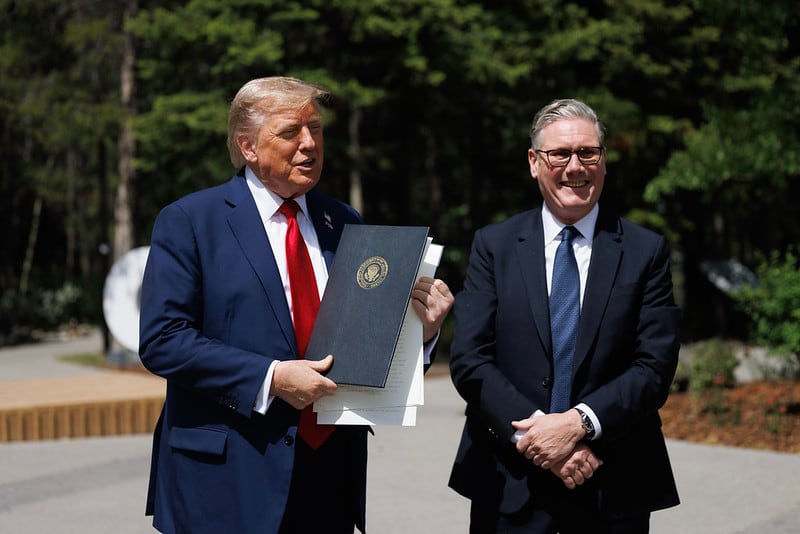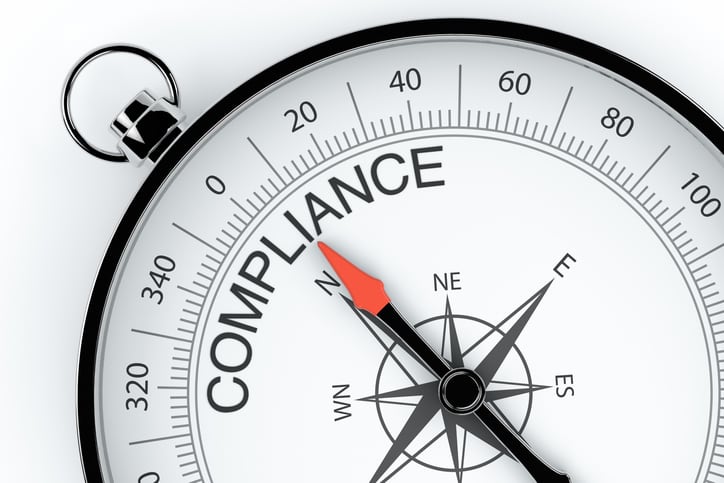The announcement to withdrawn from the Green Claims Directive was made on 20 June, sending shockwaves across industry stakeholders, media and left-winged politicians.
The revelation came just days before the anti-greenwashing law was set to be finalised, prompting the cancellation of a trilogue meeting scheduled for 23 June.
Cancellation of meeting sets ‘dangerous precedent’
“The commission to our major surprise, declared without giving any explanation, that they were going to withdraw the legislative proposal,” Sandro Gozi, (Renew Europe Group) European Parliament lead negotiator on the Green Claims Directive, said in a press meeting held on 23 June.
Anna Cavazzini, chair of the Committee on Internal Market and Consumer Protection; and Antonio Decaro, chair of the Committee on the Environment, Climate and Food Safety, also expressed their disappointment.
“Less than three hours before the start of the final trilogue, we learned of the Presidency’s unwillingness to engage in negotiations with the Parliament and the Commission, because of the Commission’s recent announcements and the change of positions within the Council itself,” they said in a joint statement.
“This modus operandi could set a dangerous precedent for the legislative process and institutional procedures, leading to unnecessary and avoidable confrontation among co-legislators. We do not believe it is fair to deprive Parliament of the opportunity to finalise the negotiations on a directive after two years of legislative process and countless hours of work.
“We are thus being prevented from discussing and hopefully agreeing on an important directive that serves to build environmental awareness and consumer trust by making environmental marketing claims more reliable and verifiable. What’s more, fighting greenwashing would create a more level playing field for businesses that already work sustainably.
“As Chairs of the responsible committees at the European Parliament, we are ready to continue negotiations as soon as possible by resuming the institutional dialogue.”
Concerns and confusion around microbusinesses
Gozi explained that the U-turn was pushed by three political groups, who in separate letters to the European Commission, expressed concerns over the Green Claims Directive, in particular the inclusion of microenterprises within the directive’s scope.
A spokesperson from the European Commission has told Food Manufacture that the Commission has not withdrawn the Green Claims Direction but questions marks around microbusinesses mean it has not gone ahead as scheduled.
“We announced our intention to withdraw it and explained later that the proposal will not be withdrawn, if microenterprises are taken out of the scope of the Directive,” they added.
“One of the priorities of the European Commission is to reduce administrative burden for small companies and in particular microenterprises. This is an essential part of our simplification agenda.
“During the negotiations on the Green claims proposal, the Commission has consistently insisted on exempting these enterprises from the scope. Otherwise, a very high administrative burden would be imposed on around 30 million microenterprises, i.e. 96% of all EU companies.”
But this has left European Parliament representatives puzzled.
On 23 June, Gozi told the press: “I don’t understand why they make this declaration, as we agreed on the issue of exemption.
“If there is a reason to discuss any specific issues the best way is to go the meeting, to hold the meeting and to discuss in the meeting, not to cancel the meeting.”
However, Food Manufacture has been informed that the EC only had mandate from European Parliament to remove microbusinesses in the upcoming trilogue meeting (which never happened) and the EC does not know the position of the Council on this matter.
According to the Commission, the proposal and the negotiations are in the hands of co-legislators (EP and the Council). Only they can take action (e.g. organise another trilogue meeting).
An ‘awkward episode’
“From an external perspective, it is difficult to clearly understand what has happened with the Green Claims Directive, except that it stands out as one of the most awkward episodes in EU policymaking that I’ve witnessed in over 25 years of professional experience,” Francesco Montanari, agri-food lawyer and research at Wageningen University told Food Manufacture.
”Although the proposal technically remains on the table, the general impression is that no EU lawmaker wants to take responsibility for its shelving, or for further weakening the objectives of the Green Deal, assuming those objectives are still being actively pursued."
So...what now?
In any case, Montanari said that while the proposal includes an exemption for microenterprises, this does not exempt them from existing EU rules on greenwashing.
“In March 2024, the EU adopted a directive titled ‘Empowering Consumers for the Green Transition’. This directive updated consumer protection rules by adding certain greenwashing practices to the list of commercial practices that are universally prohibited,” he added.
“These prohibitions include: displaying sustainability labels that are not issued by independent certification bodies; making carbon-related claims without concrete efforts to reduce greenhouse gas emissions; and using vague statements such as “sustainable” or “environmentally friendly” without sufficient supporting evidence.
“As a result, although microenterprises may eventually be excluded from the obligations of the Green Claims Directive, they are still required to comply with overarching EU rules that apply to all companies, regardless of their size, when it comes to preventing misleading environmental claims.”
For businesses unsure on what to do next, Sarah Blanchard, head of ESG at Prof Consulting Group offered the following advice: “In a rapidly changing environment, its critical to look below the top line stories to understand the detail and complexities involved. Be careful to look for the truth behind the headlines which are increasingly swayed by certain parties towards creating doubt over sustainability regulation.
“The direction of regulations follows signals from the public and are usually well intended and signposted
“Controlling your own strategy and narrative is essential and consider how you will lead your business in this climate if you still want to exist in five to ten years.”





